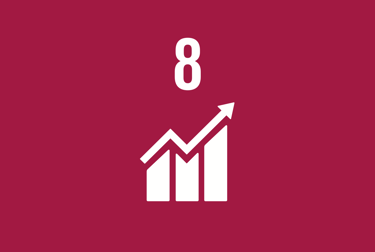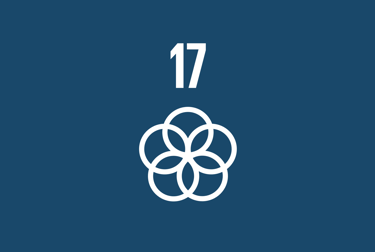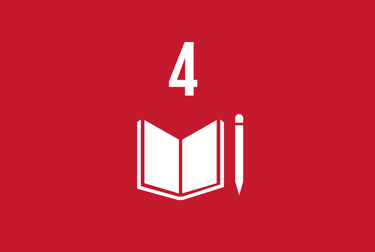6 Ways to Verify the Legitimacy of International Development Organizations
6/2/20242 min read


Ensuring the legitimacy of an organization is crucial for those seeking to engage in effective and ethical philanthropy. With countless organizations operating in the global development sphere, it's essential to vet them rigorously to ensure that their efforts are making a genuine, positive impact on communities in need. With due diligence, individuals can confidently support organizations that uphold transparency, accountability, and ethical practices. Below, we outline 6 key steps to help you verify the legitimacy of an organization, encouraging you to make informed decisions and contribute meaningfully to global progress.
Research Their History:
Background and Track Record: Look into the organization's history, including when it was established, its mission and goals, and any notable achievements or controversies. Understanding their background can provide insights into their credibility and effectiveness.
Check Their Registration:
Governmental and International Bodies: Verify if the organization is registered with relevant governmental and international bodies. This ensures that they are operating legally and adhering to regulations. For example, in the United States, NGOs may need to register with the Internal Revenue Service (IRS) to obtain tax-exempt status.
Review Their Projects:
Scope and Success: Assess the scope and success of the organization's past and current projects. Look for information about the types of projects they undertake, the regions they work in, and the outcomes achieved. Consider the impact of their projects on local communities and whether they align with their stated mission.
Evaluate Their Impact:
Evidence of Positive Impact: Look for evidence of real, positive impact in the organization's field of work. This could include quantitative data such as numbers of beneficiaries reached or qualitative indicators like improved quality of life for communities served. Seek out independent evaluations or third-party assessments to verify their claims.
Contact References:
Past Volunteers, Employees, and Partners: Reach out to past volunteers, employees, and partners to gather insights into their experiences with the organization. Ask about their interactions, the organization's effectiveness, and any challenges encountered. Hearing firsthand accounts can provide valuable perspectives on the organization's legitimacy and performance.
Analyze Their Financials or Annual Reports:
Transparency and Accountability: Examine the organization's financial reports, including annual reports and audited financial statements, for transparency and accountability. Look for details on their sources of funding, how funds are allocated, and administrative expenses versus program expenditures. Ensure that they adhere to industry standards and best practices for financial management.
Be remaining careful during the research, individuals can ensure to find legitimate organizations to work with. At the same time, we understand that navigating the multitude of organizations can be daunting. To make things easier for you, we've compiled a detailed roster where you can find any relevant organization within your respective country and around the world. From fashion to climate change, from gender issues to human rights, engineering to social work, this roster provides access to organizations where you can find purposeful professional opportunities tailored to your interests and expertise.
Grow, Develop, Prosper
Encouraging the growth of future international leaders, through prosperous non-linear career journeys!
Connect
© 2025. All rights reserved.






